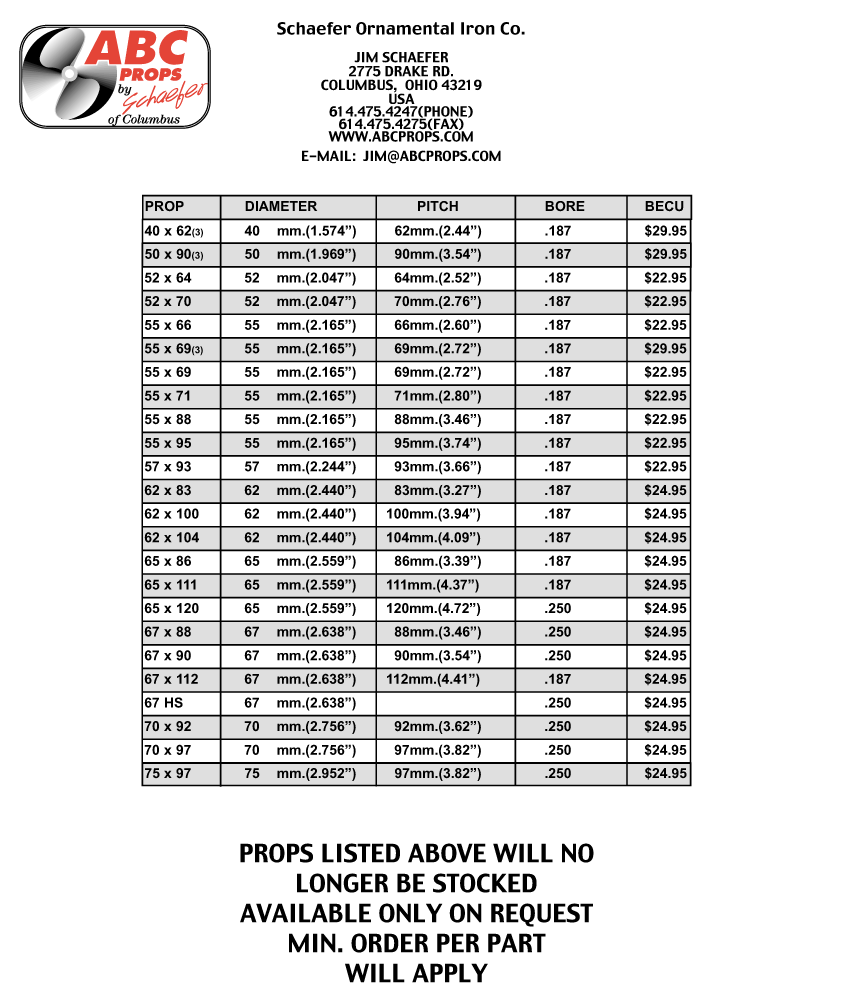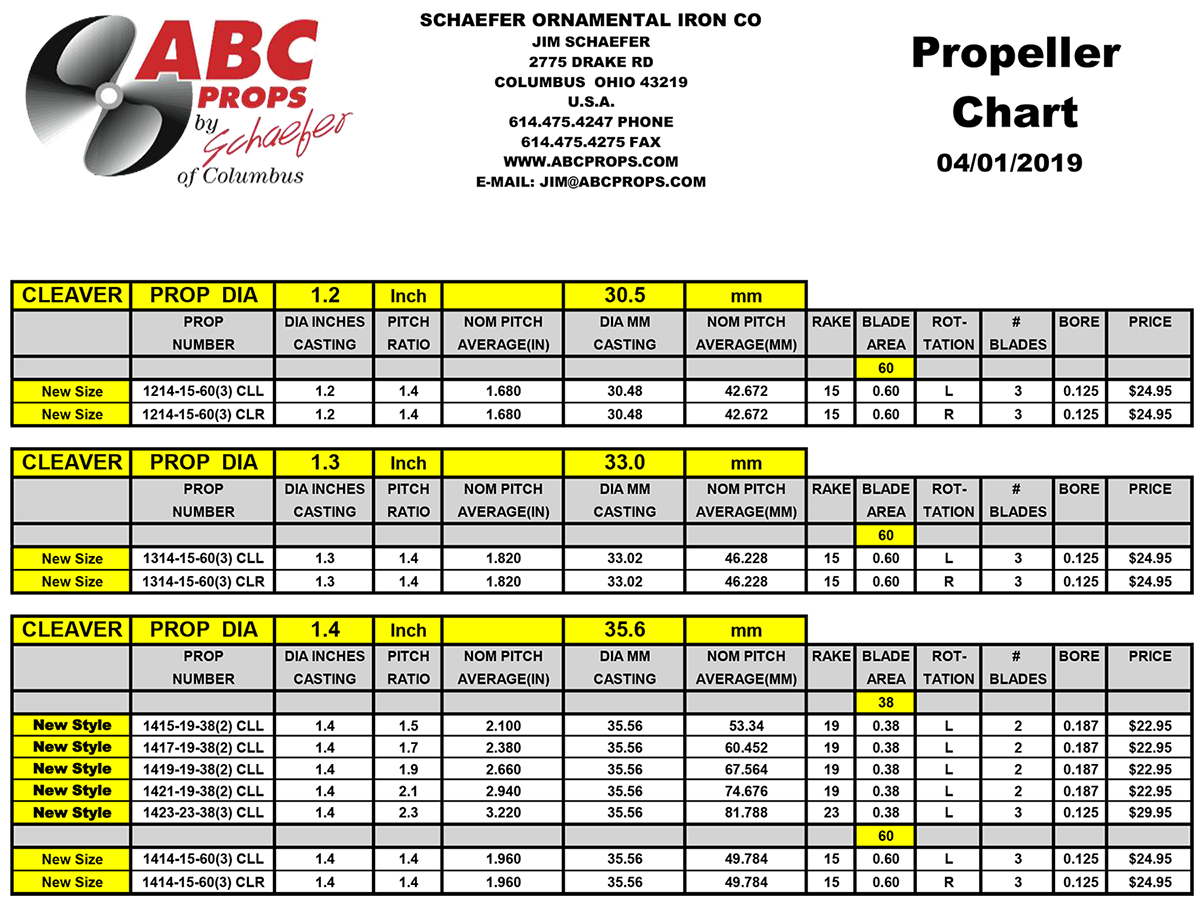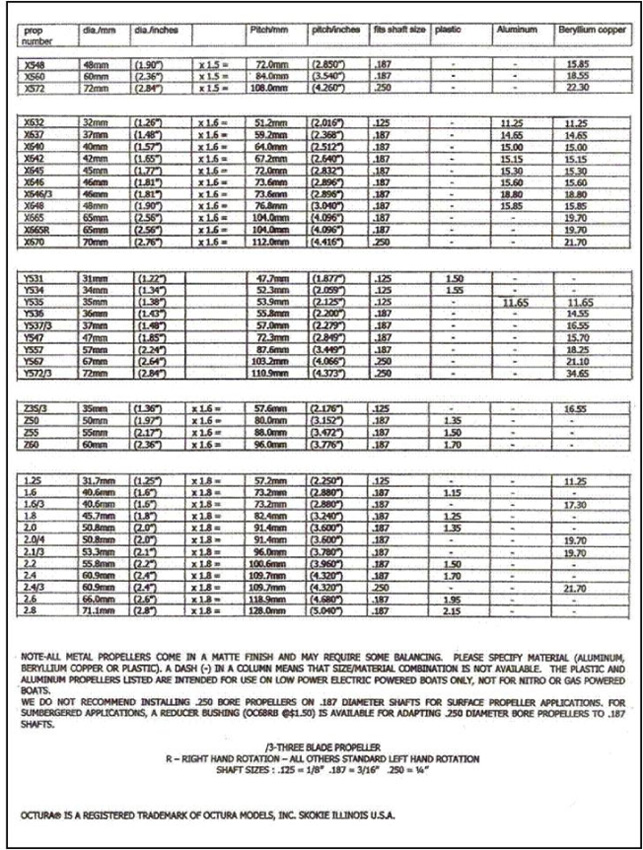Unlocking Your Boat's Potential: The Essential Mercury Outboard Propeller Guide
Imagine gliding effortlessly across the water, your boat's engine purring with efficient power. The right propeller can make this a reality. Choosing the correct Mercury outboard propeller is crucial for optimizing your boat's performance. This guide explores the essentials of Mercury outboard propeller selection, helping you navigate the world of pitch, diameter, and cup to unlock your boat's full potential.
Selecting the perfect propeller for your Mercury outboard isn't just about getting from point A to point B; it’s about optimizing your entire boating experience. Whether you’re seeking exhilarating speed, fuel-efficient cruising, or improved handling in rough waters, the right propeller can transform your time on the water. This guide will serve as your comprehensive resource for understanding the nuances of Mercury outboard propellers, empowering you to make informed decisions that maximize your boating enjoyment.
Mercury Marine has a long and rich history of producing high-quality outboard motors and propellers. Their commitment to innovation and performance has made them a leading name in the marine industry. Understanding this commitment to quality underscores the importance of selecting a genuine Mercury propeller designed specifically for your outboard. Using a non-genuine propeller can lead to performance issues and potentially damage your engine.
A Mercury outboard prop guide is essentially a resource that helps boat owners determine the most suitable propeller for their specific boat and engine combination. These guides can take various forms, from online selection tools to printed charts and brochures. They typically consider factors such as boat type, engine horsepower, desired performance characteristics (speed, fuel efficiency, etc.), and application (water skiing, fishing, cruising). The main issue related to Mercury outboard prop selection is choosing a propeller that doesn't match the boat's and engine's requirements. An incorrect choice can lead to poor performance, increased fuel consumption, and potential engine damage.
A propeller’s pitch refers to the theoretical distance the propeller would advance in one revolution if it were moving through a solid medium. Diameter refers to the overall size of the propeller. Cup refers to the curvature of the propeller blades, influencing water flow and performance. For example, a propeller with a higher pitch will theoretically move the boat further with each rotation, impacting top speed. Conversely, a lower pitch provides more torque, improving acceleration and performance at lower speeds, such as when pulling a water skier. Diameter affects how much water the propeller can “bite,” influencing grip and efficiency.
Three key benefits arise from proper Mercury propeller selection. First, the right propeller optimizes fuel efficiency, saving you money and extending your boating range. Second, it enhances boat performance, providing better acceleration, top speed, or handling, depending on your needs. For instance, a skier might prioritize a lower pitch for quick acceleration out of the hole. Third, the correct propeller protects your engine by ensuring it operates within its optimal RPM range, preventing damage from over-revving or lugging.
An action plan for selecting the right propeller begins with identifying your boating needs and priorities. Consider how you typically use your boat (fishing, cruising, water sports). Next, consult a Mercury outboard prop guide, either online or through a dealer. Input your boat and engine details, along with your desired performance characteristics. The guide will recommend suitable propellers. Finally, test the chosen propeller and observe its performance. Minor adjustments might be necessary to achieve optimal results.
Advantages and Disadvantages of Different Propeller Types
While this table provides a general overview, it's crucial to consult a Mercury Outboard Prop Guide for specific recommendations based on your boat and engine combination.
| Propeller Type | Advantages | Disadvantages |
|---|---|---|
| Aluminum | Cost-effective, good general performance | Less durable than stainless steel, prone to bending or breaking in impacts |
| Stainless Steel | Durable, high-performance, better corrosion resistance | More expensive than aluminum |
Five best practices include consulting a Mercury prop guide, considering your boating style, checking your engine's RPM at wide-open throttle, visually inspecting your propeller for damage, and having a spare propeller onboard.
Five real-world examples: A bass fisherman might choose a propeller that maximizes low-speed control and maneuverability. A high-speed offshore angler might prioritize a propeller designed for top speed. A family cruising their pontoon boat would likely choose a propeller for fuel efficiency and smooth operation. A water skier would opt for a propeller with quick acceleration. A sailor using an auxiliary outboard might choose a folding propeller to minimize drag when under sail.
Challenges include selecting the wrong pitch (solution: consult a guide), propeller damage (solution: regular inspection and spare propeller), ventilation (solution: adjust trim or engine height), and poor performance (solution: check propeller selection).
FAQs: What is propeller pitch? What is diameter? How do I choose the right prop? Where can I find a Mercury prop guide? What is cupping? What are the signs of a damaged propeller? How often should I inspect my propeller? Why should I use a genuine Mercury propeller?
Tips and tricks: Regularly inspect your propeller for damage. Keep a spare propeller onboard. Consult with your Mercury dealer for personalized recommendations. Consider your boating style when selecting a propeller. Test your propeller after installation and make adjustments as needed.
Choosing the right Mercury outboard propeller is a critical step towards optimizing your boating experience. By understanding the principles of propeller selection and utilizing the resources available, you can unlock your boat's true potential. A well-chosen propeller not only enhances performance and fuel efficiency but also protects your engine, ensuring years of trouble-free boating enjoyment. Remember to consult a Mercury outboard prop guide, consider your specific boating needs, and test your chosen propeller thoroughly. Investing the time and effort to select the right propeller will undoubtedly pay dividends in terms of performance, enjoyment, and peace of mind on the water. Take the time to research and find the perfect propeller for your boat and engine combination, and experience the difference it makes. Start exploring the world of Mercury propellers today and discover the transformative impact the right prop can have on your boating adventures.
Decoding surfer style what lies beneath the boardshorts
Effortless control navigating the waters with wireless trolling motor steering
Navigating the complexities of childhood friend romances chapter 24








.jpg)





